ChatGPT: Will OpenAI Eat The Open Internet?
Headlines are running rampant about how OpenAI’s new ChatGPT will spell the demise of Google.
While I’m sure we all feel terrible for Google, I haven’t seen any discussion of the logical next step: If it’s trouble for Google, what does this mean for the Open Internet?
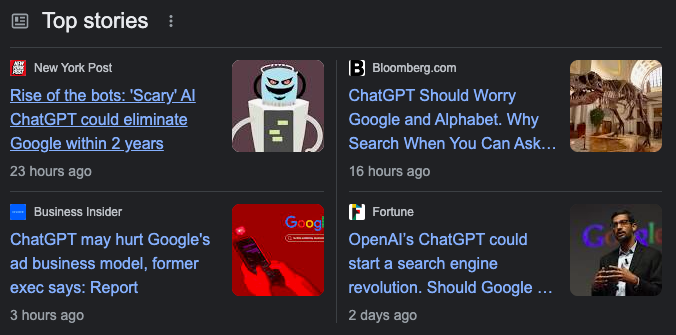
In the interest of time, let’s get right into some predictions.
For those looking for a good primer on what ChatGPT is, this is a good starting point. Twitter is also chock full of examples such as ones from this thread.
Quick Caveat
Ok, one thing before we get into the predictions. ChatGPT is awesome. It’s fun, and its potential is limitless, making it exciting and scary at the same time. Definitely give ChatGPT a try if you haven’t yet.
We don’t know how humanity will wield this kind of tool since it’s all so new. But, it’s happening, and it’s happening fast:
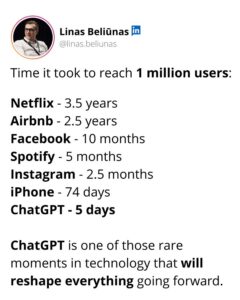
Personally, I’m excited to see all of the creative ways people will leverage it to learn, boost productivity, solve problems, and invent.
So then, I have to apologize for the following predictions, as they may come across as cynical and dystopian.
But with a new technology of this magnitude, there will be ripple effects that impact the Open Internet.
Predictions
- There will be a significant reduction in Google queries for informational content.
- This then leads to an immediate reduction in traffic to the open web.
Why Google something, get a page of results, click a link, read the content, hit back on the browser, read another link, try a differently worded query, etc.
Just punch it into ChatGPT and you get one clean and comprehensive answer right in front of you.
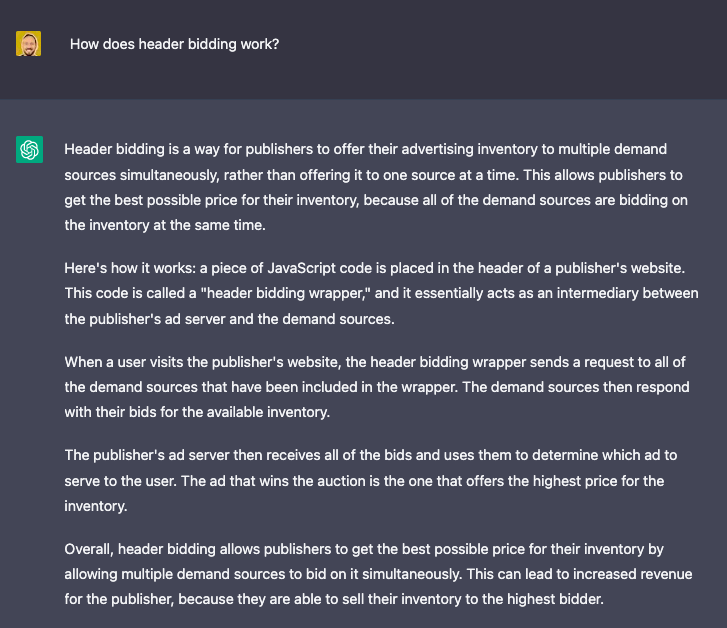
(Nevermind the presence of some accuracy issues, those will get snuffed out soon enough).
Fewer informational queries could snowball into:
- Less content generation. Why would a content creator bother researching a topic, writing an extensive post, and engaging in SEO and SEM when:
- They won’t get the traffic to their site, and
- Their content will just get slurped up by ChatGPT anyways?
- People shift to using ChatGPT and other OpenAI API projects as their primary source for informational content.
- This accelerates the current trend away from informational content to entertainment, social engagement, and visual media.
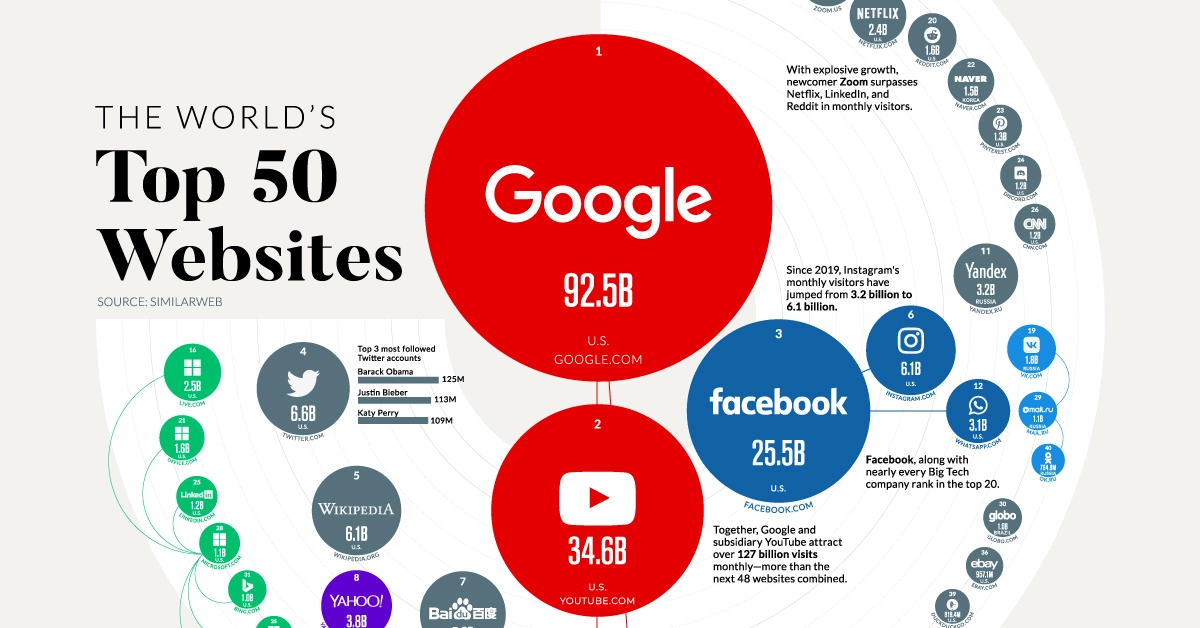
What does it mean for Digital Advertising?
- Less time on long-tail sites and informational content decreases overall ad inventory and reach.
- Many small publishers lose out. Ad inventory concentrates even further towards the walled gardens and streaming media. Good timing for Netflix and Disney to be getting into the ads game.
- More concentration, less fragmentation can be challenging for an adtech ecosystem that benefits from complexity that it can help simplify, and that value prop may take a hit.
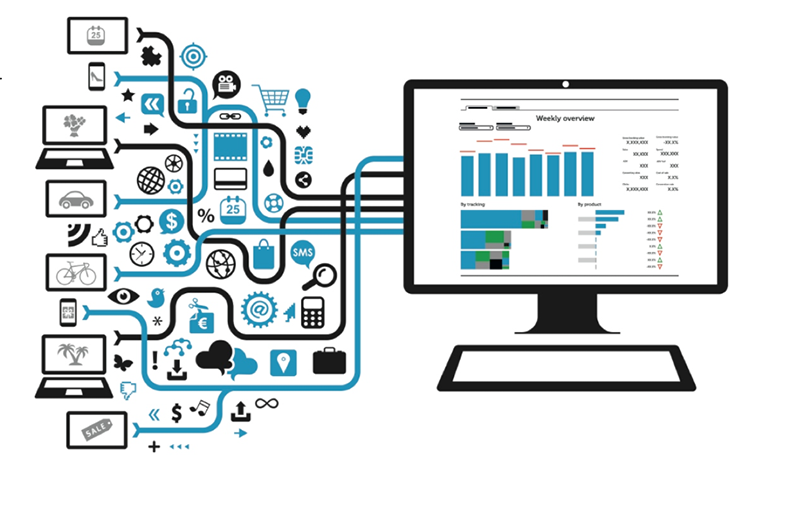
Corresponding Reactions
Where did ChatGPT get all of this data anyways? OpenAI’s FAQ page tells us:

So, if you’ve put any content up on the internet anywhere, ever, there’s a good chance ChatGPT has it now. And it can repurpose your research and content in its own words, no need to ascribe any credit to you.
- Do we see a backlash from content creators and the long-tail economy? Do websites look for ways to block ChatGPT crawlers from collecting future content?
- We’ve already seen Twitter block access, there may be more of this to come.
Not surprising, as I just learned that OpenAI had access to Twitter database for training. I put that on pause for now.
— Elon Musk (@elonmusk) December 4, 2022
Need to understand more about governance structure & revenue plans going forward.
OpenAI was started as open-source & non-profit. Neither are still true.
If blocking ChatGPT crawlers builds momentum as a practice, then:
- Do we see a world where we are in 2025 and ChatGPT is stuck in a 2022 state?
- Given the threat to Google, do they stand up for blocking GPT from content in a “show of support for the open internet and totally not a selfish move”?
- Content producers lean into more extreme opinion pieces in an effort to stand out from more generic AI content.
- We all just move to the Metaverse. I’m kidding, but ChatGPT may not be:
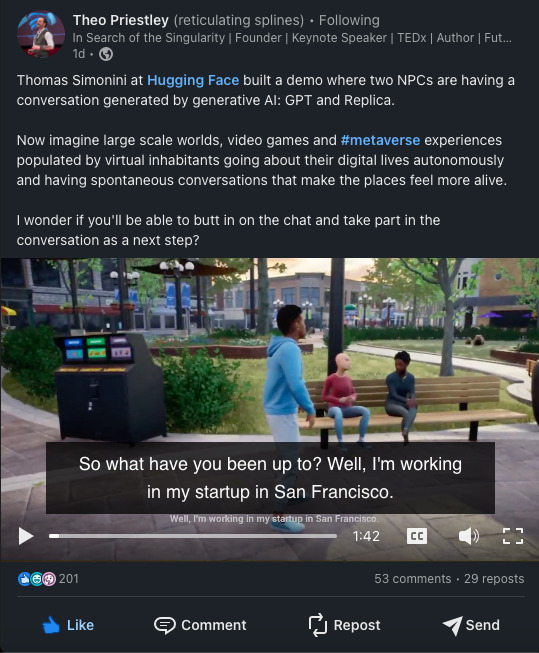
Metaverse joke aside, how soon could all of this happen? 2023 might seem crazy, but…
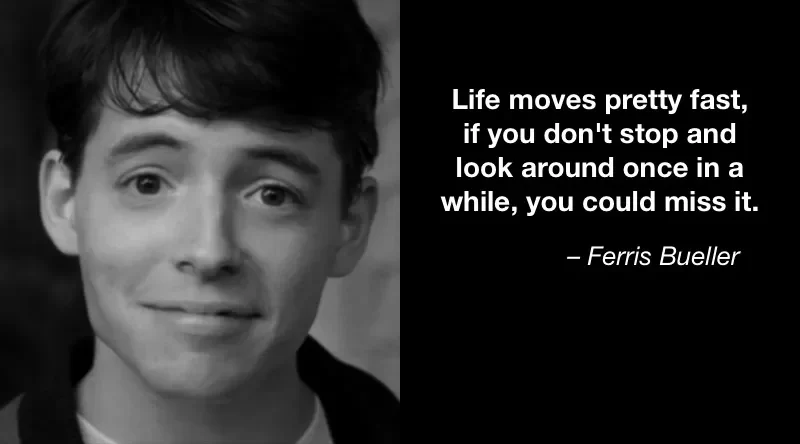
What do you think ChatGPT will mean for the open internet, and how people create and consume content? Is 2023 crazy talk? Let us know in the comments.
